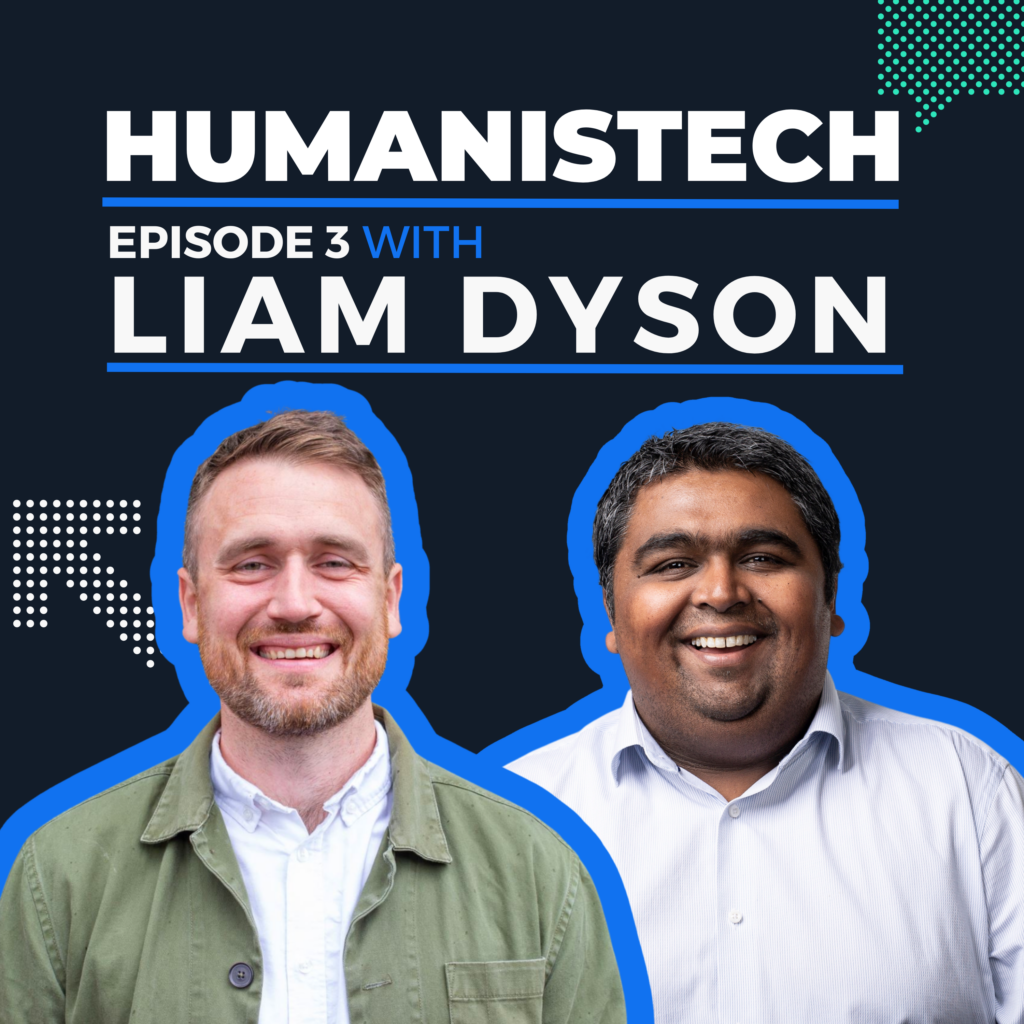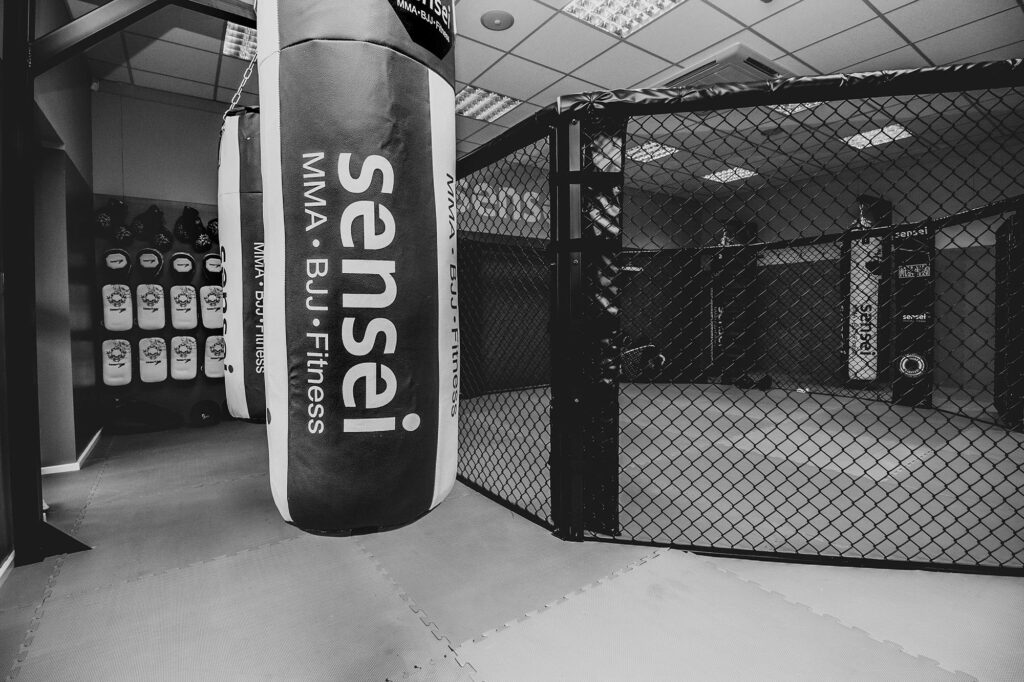Smartphones have become an indispensible part of modern life – a central hub with the ability to keep track of all users’ activities on a daily basis. Entertainment has moved almost exclusively onto mobile devices‚ with people spending more time on their mobile devices to consume music and movies than via their televisions and computers. One of the key trends that has gained prominence and recognition from both app developers and users is health related apps‚ with major advances that promise to have a big impact on the healthcare industry.
The Evolution of Health Technology
These apps have been available on the market since the launch of smartphones‚ but initially only received the attention of a few developers. However over the past few years‚ more and more apps have launched that enable users to monitor their health. This was triggered by the rapid pace of development and immense number of innovations in the wearables market. In a short space of time‚ sophisticated devices that assist users in tracking various physical activities and planning their healthcare appropriately have become accessible to users globally.
Fitness trackers have become the most popular type of wearable; enabling users to track their activities‚ this branch of smartphone-compatible hardware has long had a share in the market.
Fitbit was one of the first companies to launch devices which had a companion mobile app to track distance travelled by users for fitness training. Later Apple partnered with Nike to develop Nike+‚ to track the fitness activities of select Nike users. Now‚ there’s a magnitude of devices -including Smartwatches – promising to track your activity level during the day. Some Smartwatches are moving beyond activity tracking‚ with innovative health features such as heartbeat tracking technology to enhance these devices further.
Complementing the market is a range of third party medical peripherals‚ with the ability to interact with mobile devices to show useful medical data to the user. A huge number of devices have already been developed‚ with new innovations being added to the list on a daily basis. Devices like CellScope Oto enable parents to check their children’s ears for any infections‚ as well as take screenshots that can be sent to specialists for diagnosis and treatment plans.
Companies like iHealth have invested heavily in creating a series of devices ranging from simple wireless scales to glucometers‚ which work in tandem with the iPhone so users can track their physical wellbeing. Cue is another company seeking to develop a smartphone-connected medical device‚ with the ability to conduct simple diagnoses for basic ailments by harnessing relevant user stats. Their device promises to become an ecosystem‚ allowing the whole family to interact with physicians‚ to receive prompt diagnosis and treatment.
Apple‚ Apps and ResearchKit
Apple has already established itself as a pioneer in the field; HealthKit enables mobile app developers to interact with other devices – as well as applications – to collect‚ store and possibly analyse health and activity-related data on the smartphone itself. This has opened up amazing opportunities for app designers to create innovative and productive mobile apps‚ which take advantage of iPhone features such as gyroscope and GPS‚ as well as accessing information available in the Health app‚ to provide better lifestyle solutions to users.
Earlier this month Apple announced another revolutionary system‚ with the power to change the way in which medical research is conducted – ResearchKit. In a bid to make this game-changing ecosystem accessible to everyone‚ Apple has also decided to make it open source. When it becomes available to developers‚ it’s hoped that ResearchKit will create a secure and efficient way for medical institutions to work with mobile app developers. Together‚ developers and the healthcare industry can create mobile apps that (with the consent of the user) will collect data regarding particular ailments for researchers. In the long-term it could even pave the way for a truly connected‚ assistive healthcare system by powering data insights and joined-up analytics too.
Traditionally‚ this process requires researchers to find patients suffering with a particular type of ailment‚ and collect data from them at regular intervals. The results of this laborious and time-consuming task are often irregular and full of loopholes‚ meaning that research data often results in poor diagnosis and analysis. This‚ in turn‚ leads to weak conclusions and treatments. With ResearchKit‚ researchers can gather relevant and accurate data at constant intervals‚ facilitating better analysis and ultimately treatments.
One of the other challenges facing traditional data collection has been finding an adequate number of patients willing to take time out and share confidential data by participating in research studies. This usually requires patients to come to the researcher’s university‚ or the researcher to visit the patients. By working via a mobile app‚ ResearchKit will enable researchers to virtually deploy these tests to hundreds and potentially thousands of patients at the same time. After acquiring consent‚ they will be able to easily and instantly collect all the data‚ which can be used to perform better research studies. The scale at which data can be tracked‚ collected‚ stored and analysed via ResearchKit is truly amazing.
When ResearchKit is released‚ hardware manufacturers and mobile app developers will be able to work together to create apps that allow users to provide various types of medical data. Developers can then divert participants’ data to researchers for analysis and study. Currently‚ there are only a few types of data that users can submit to researchers‚ but with the development of more apps and devices this will soon change. As the types of data available increase‚ the healthcare industry will be able to find better medical solutions for users‚ and eventually roll these out to the wider public.





